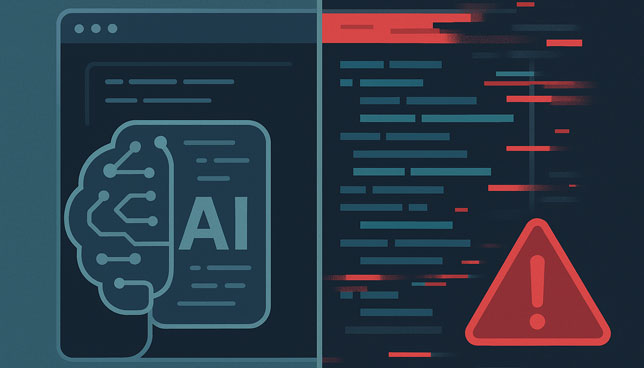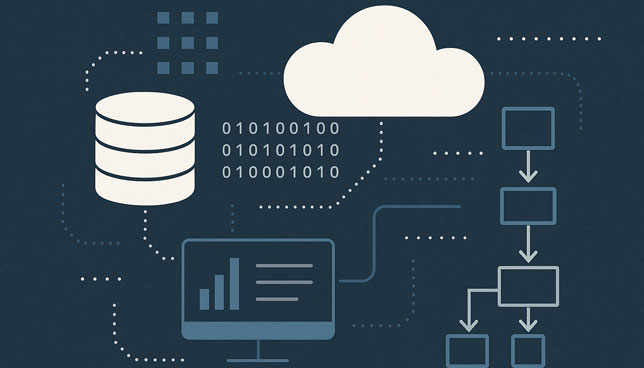
A recent academic study found that as organizations adopt AI tools, they're not just streamlining workflows — they're piling on new demands. Researchers suggested that "AI technostress" is driving burnout and disrupting personal lives, even as organizations hail productivity gains.

The annual virtual conference from the producers of Campus Technology and THE Journal will return on September 25, 2025, with a focus on emerging trends in cybersecurity, data privacy, AI implementation, IT leadership, building resilience, and more.

OpenAI has announced plans to acquire io, an artificial intelligence hardware startup co-founded by former Apple design chief Jony Ive. The deal is aimed at creating a dedicated division for the development of AI-powered consumer devices.

1EdTech Consortium and DXtera Institute have announced a partnership aimed at improving access to learning data in postsecondary and higher education.

Anthropic has released Claude Opus 4 and Claude Sonnet 4, its most advanced artificial intelligence models to date, boasting a significant leap in autonomous coding capabilities while simultaneously revealing troubling tendencies toward self-preservation that include attempted blackmail.

In an effort to secure its admissions and financial processes, Maricopa Community Colleges has partnered with A.M. Simpkins and Associates (AMSA) to implement the company's S.A.F.E (Student Application Fraudulent Examination) across the district's 10 institutions.

Salesforce has announced plans to acquire data management company Informatica for $8 billion. The deal is aimed at strengthening Salesforce's AI foundation and expanding its enterprise data capabilities.

A new Varonis data security report notes that excessive permissions and AI-driven risks are leaving cloud environments dangerously exposed.

About a year after launching AI Overviews in its flagship search offering, Google has announced broad availability of AI Mode in Search.

In a recent survey by Anthology, only one in five faculty (22%) said they consistently consider accessibility when designing course materials. And just 11% felt they had the right tools and training to create accessible course content.